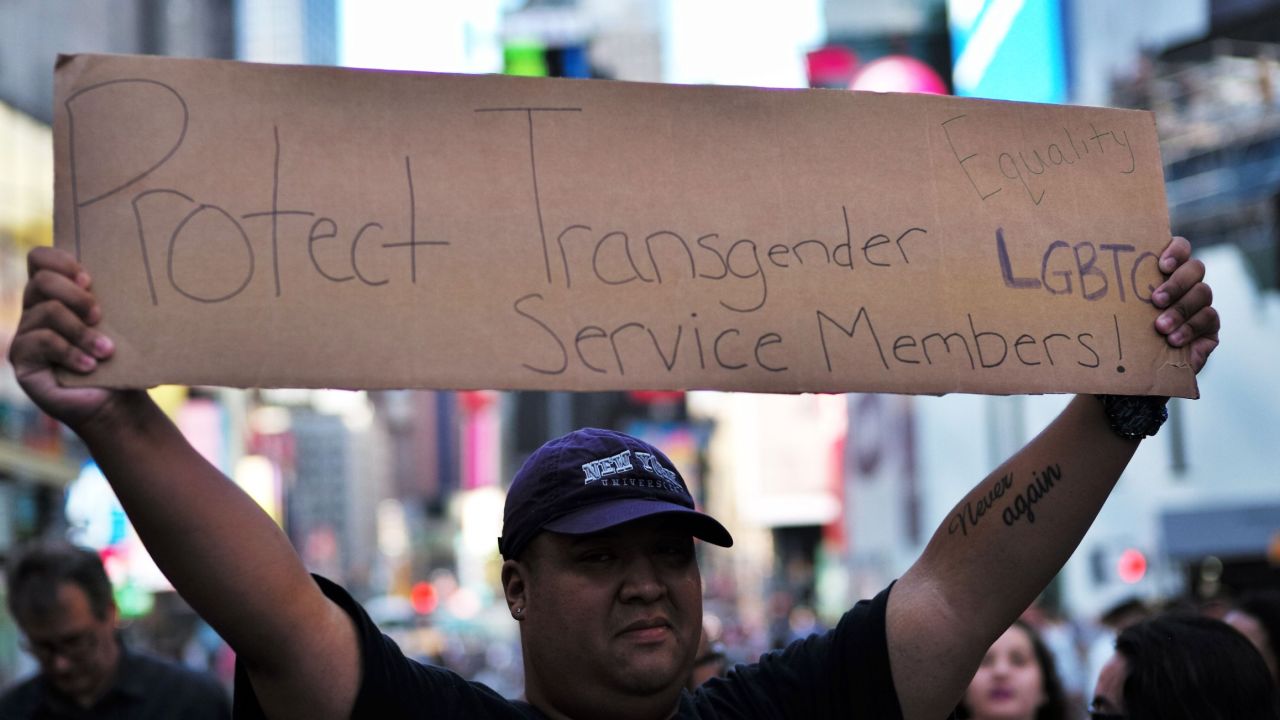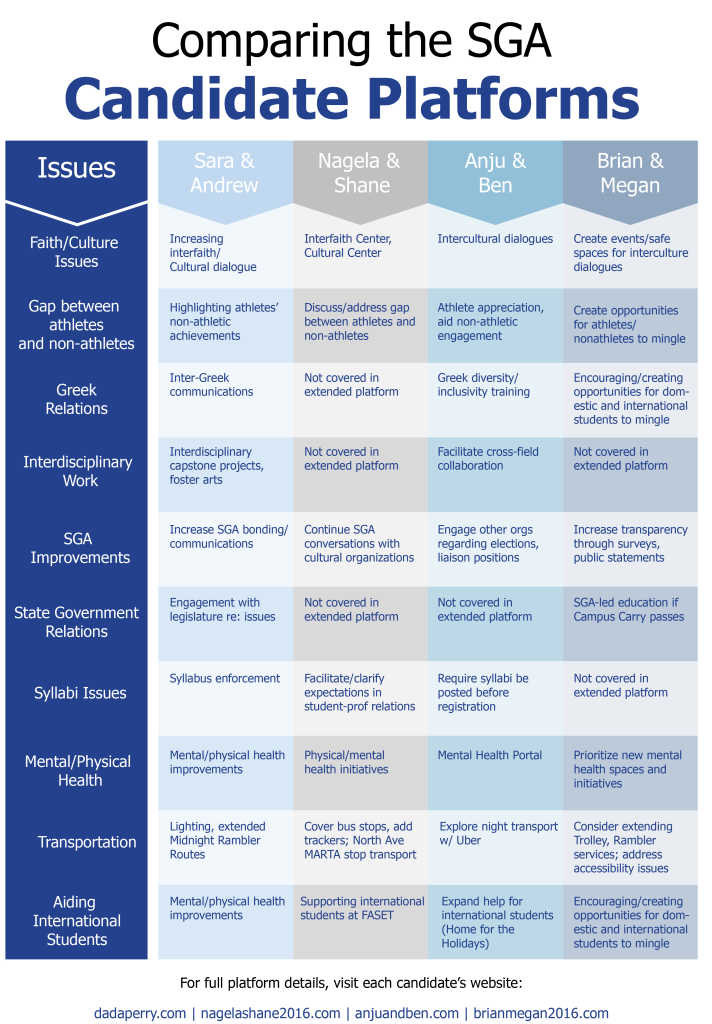Trump Administration Policies And Their Effects On The Transgender Community

Table of Contents
Healthcare Access Under the Trump Administration
The Trump administration's approach to healthcare significantly affected transgender individuals' access to vital medical services. This impact stemmed from both direct actions and indirect consequences of broader policy changes.
Rollback of Transgender-Inclusive Healthcare Protections
The administration's efforts to weaken the Affordable Care Act (ACA) indirectly harmed transgender individuals' access to essential healthcare. The ACA, while imperfect, provided some protections against healthcare discrimination. The weakening of the ACA, coupled with other policy changes, led to:
- Reduced access to gender-affirming care: Many transgender individuals rely on the ACA for insurance coverage of hormone therapy and gender-affirming surgeries. The administration's actions made this care less affordable and accessible.
- Increased financial burden: Higher healthcare costs and reduced coverage led to significant financial hardship for transgender individuals seeking necessary medical treatment.
- Negative impacts on mental health: Difficulties accessing gender-affirming care exacerbate existing mental health challenges, contributing to higher rates of depression and anxiety within the transgender community. The stress of navigating a less supportive healthcare system further impacts mental wellbeing.
- Legal challenges: Numerous legal challenges arose concerning healthcare providers' obligations to provide transgender-affirming care, often leading to uncertainty and delays in accessing treatment.
Religious Exemption Policies
The expansion of religious exemption policies under the Trump administration further restricted transgender individuals' access to healthcare. This resulted in:
- Increased refusal of care: Some healthcare providers cited religious objections to providing gender-affirming care, leaving transgender individuals with limited options for treatment.
- Geographic disparities in access: The impact of these exemptions was uneven, creating geographic disparities in access to care, particularly for individuals in areas with limited healthcare providers.
- Legal battles: Numerous legal battles ensued, pitting religious freedom claims against the rights of transgender individuals to access necessary medical care. The outcome of these battles continues to shape the healthcare landscape for the transgender community.
- Erosion of non-discrimination principles: The expansion of religious exemptions raised concerns about the erosion of non-discrimination principles in healthcare, potentially undermining progress towards equal access to medical services.
Military Ban on Transgender Service Members
The Trump administration implemented a ban on transgender individuals serving openly in the military, a policy that generated significant controversy and legal challenges.
Implementation and Legal Challenges
The ban, announced in 2017, sparked immediate legal challenges and widespread condemnation from human rights organizations and LGBTQ+ advocacy groups. Key aspects include:
- Discharge of transgender service members: Existing transgender service members faced discharge from the military, leading to disruptions in their careers and personal lives.
- Recruitment restrictions: The ban prevented transgender individuals from enlisting in the military, limiting opportunities for service and career advancement.
- Court battles: The ban faced numerous legal challenges, with courts initially blocking its implementation. The legal battles eventually led to a complex and evolving legal landscape surrounding transgender service in the military.
- Comparison to "Don't Ask, Don't Tell": The ban was compared to the previous "Don't Ask, Don't Tell" policy, highlighting the ongoing struggle for LGBTQ+ inclusion within the military.
Impact on Transgender Veterans and Recruitment
The long-term consequences of the ban extend beyond those actively serving. The policy:
- Affected veteran benefits: Discharged transgender service members faced challenges accessing veteran benefits and healthcare services.
- Increased mental health challenges: The ban contributed to increased rates of depression, anxiety, and PTSD among transgender veterans.
- Deterred recruitment: The ban deterred many transgender individuals from considering military service as a career option. This impact continues to impact diversity within the armed forces.
- Long-term societal impact: The ban sent a message of exclusion, further marginalizing transgender individuals within society.
Bathroom Bills and Discrimination
The Trump administration's response (or lack thereof) to state-level “bathroom bills” significantly impacted transgender individuals' safety and access to public accommodations.
Federal Actions and State-Level Legislation
Numerous states enacted legislation restricting bathroom access for transgender individuals. The federal government's response was often perceived as inadequate, resulting in:
- Increased vulnerability to harassment and violence: Transgender individuals faced increased risks of harassment, assault, and discrimination in public spaces.
- Limited legal recourse: The lack of strong federal protection left transgender individuals with limited legal recourse against discriminatory practices.
- Chilling effect on transgender participation: The discriminatory laws created a chilling effect, limiting the participation of transgender individuals in public life.
- Political polarization: Bathroom bills became highly politicized, further dividing public opinion and contributing to societal tensions.
Impact on Transgender Youth and Education
Transgender youth faced unique challenges, including:
- Increased bullying and harassment: Transgender students faced higher rates of bullying and harassment in schools due to discriminatory policies and societal biases.
- Mental health consequences: These experiences significantly impacted the mental health and well-being of transgender youth, leading to higher rates of suicide attempts.
- Limited access to inclusive education: Many schools lacked policies and resources to support transgender students, creating an unwelcoming and unsafe learning environment.
- Impact on academic performance: The negative environment can significantly affect academic performance and future opportunities.
Conclusion
The Trump administration's policies significantly impacted the transgender community, resulting in reduced healthcare access, exclusion from military service, and increased vulnerability to discrimination. These policies have had profound and lasting consequences on the lives and well-being of transgender individuals. Understanding the effects of these policies is crucial to advocating for comprehensive protections and equal rights for the transgender community. Continue researching the long-term effects of the Trump administration's policies on transgender individuals and actively support organizations working to advance transgender rights and equality. Learn more about the ongoing fight for transgender rights and how you can help create a more inclusive society for the transgender community.

Featured Posts
-
 Nl Federal Election 202 Year Candidate Profiles And Platforms
May 10, 2025
Nl Federal Election 202 Year Candidate Profiles And Platforms
May 10, 2025 -
 Elon Musks Space X 43 Billion Ahead Of Tesla In Net Worth
May 10, 2025
Elon Musks Space X 43 Billion Ahead Of Tesla In Net Worth
May 10, 2025 -
 Harry Styles Reacts To A Critically Bad Snl Impression
May 10, 2025
Harry Styles Reacts To A Critically Bad Snl Impression
May 10, 2025 -
 How Elon Musk Made His Billions A Deep Dive Into His Financial Success
May 10, 2025
How Elon Musk Made His Billions A Deep Dive Into His Financial Success
May 10, 2025 -
 Los Angeles Fires Landlords Face Backlash Over Alleged Price Gouging
May 10, 2025
Los Angeles Fires Landlords Face Backlash Over Alleged Price Gouging
May 10, 2025
